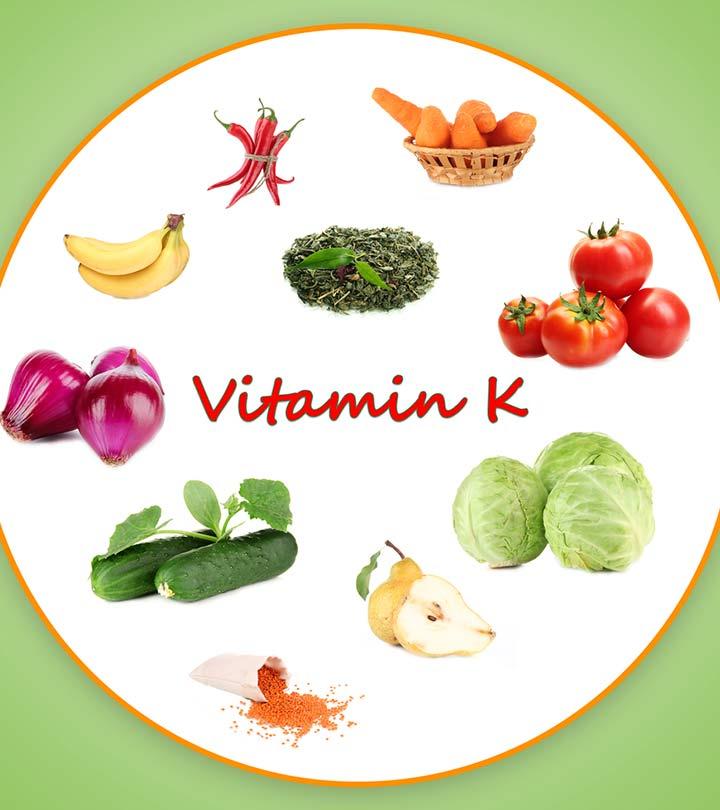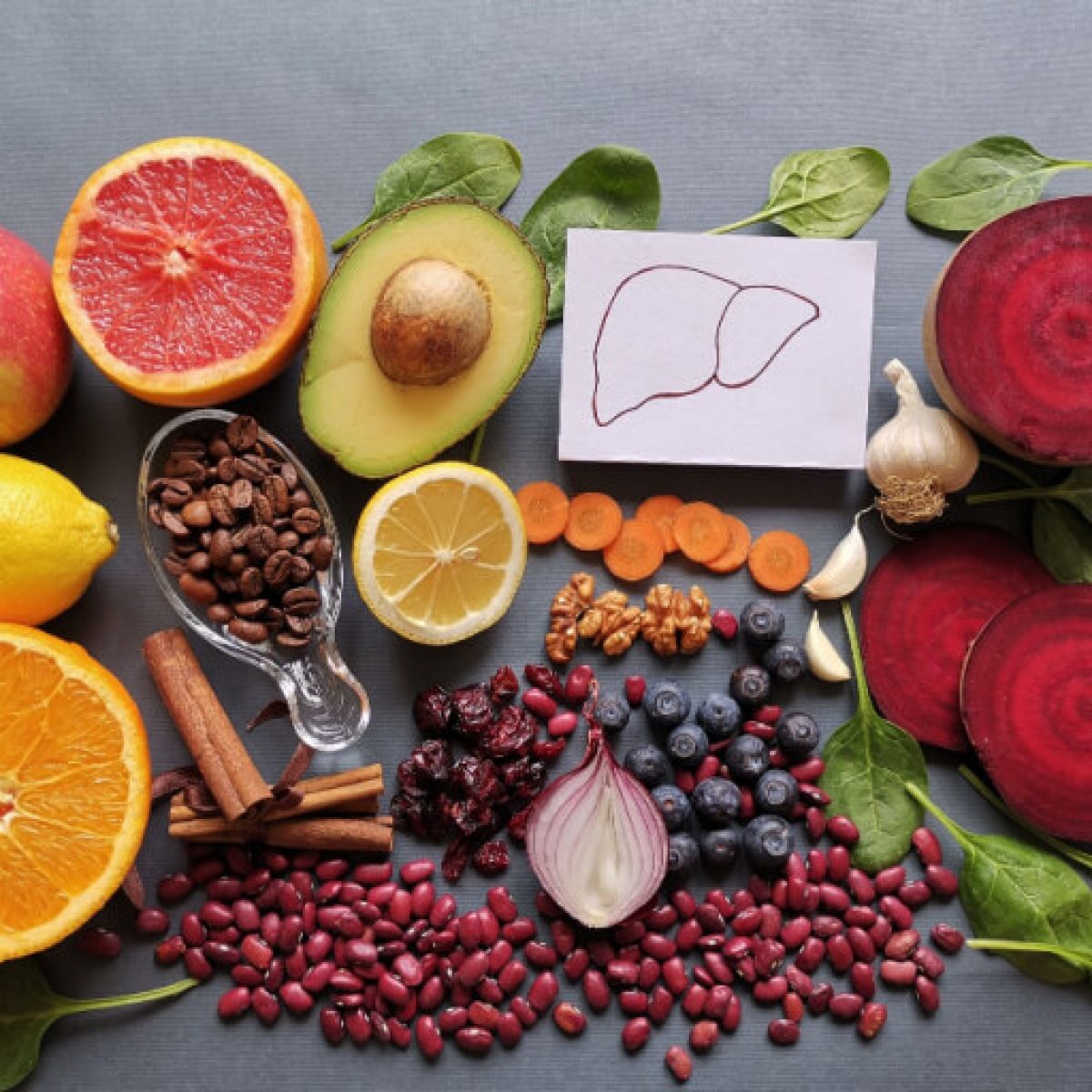
Clotting Command: Unveiling the Riches of Vitamin K
Vitamin K, often overlooked but crucial for blood clotting and bone health, plays a silent yet indispensable role in our well-being. This article delves into the significance of Vitamin K for blood clotting, explores various sources of this essential nutrient, and provides insights into how you can incorporate it into your diet.
Vitamin K’s Vital Role in Blood Clotting
Vitamin K is indispensable for the synthesis of proteins involved in blood clotting. Without sufficient Vitamin K, the body’s ability to form blood clots is compromised, leading to potential bleeding issues. This underlines the critical role Vitamin K plays in maintaining the delicate balance between preventing excessive bleeding and promoting proper wound healing.
K1 and K2: Two Faces of Vitamin K
Vitamin K comes in two main forms: K1 (phylloquinone) and K2 (menaquinone). While K1 is primarily found in leafy green vegetables, K2 is present in fermented foods and animal products. Both forms contribute to blood clotting, with K2 also playing a significant role in bone health by directing calcium to the bones and teeth.
Leafy Greens Abundance: Vitamin K1 Powerhouse
Leafy green vegetables, such as kale, spinach, and broccoli, are rich sources of Vitamin K1. This form of Vitamin K is essential for the liver to produce clotting factors. Including a variety of these greens in your diet ensures a steady intake of Vitamin K1, supporting the body’s ability to initiate the clotting process when needed.
Cruciferous Marvels: Broccoli and Brussels Sprouts
Beyond their general nutritional benefits, cruciferous vegetables like broccoli and Brussels sprouts are notable sources of Vitamin K1. These veggies not only contribute to your Vitamin K intake but also offer a range of antioxidants and other essential nutrients. Incorporating them into your meals adds both flavor and nutritional value.
Natto and Fermented Foods: Vitamin K2 Enrichment
Fermented foods, particularly natto (fermented soybeans), are rich sources of Vitamin K2. This form of Vitamin K plays a crucial role in directing calcium to the bones and teeth, contributing to bone health. Including natto and other fermented foods like sauerkraut and cheese in your diet provides a unique avenue for Vitamin K2 enrichment.
Meat and Dairy Delights: Vitamin K2 Presence
Certain animal products, including meat and dairy, contain Vitamin K2. Opting for grass-fed or pasture-raised meat and dairy products can enhance the Vitamin K2 content. This not only supports blood clotting but also contributes to the overall health of your bones and cardiovascular system.
Egg Yolks: A Vitamin K2 Contributor
Egg yolks, particularly those from pasture-raised eggs, contain Vitamin K2. Including eggs in your diet provides a versatile and tasty way to supplement your Vitamin K2 intake. Whether enjoyed in omelets, salads, or various dishes, eggs offer a nutrient-packed addition to support blood clotting and bone health.
Balancing Act: Incorporating Vitamin K into Your Diet
Achieving a balance in your Vitamin K intake involves incorporating a variety of food sources into your diet. Creating meals that include leafy greens, cruciferous vegetables, fermented foods, and responsibly sourced animal products ensures a diverse nutrient profile. This not only supports blood clotting but also contributes to overall health.
Caution with Coumadin: Considering Vitamin K Intake
For individuals on anticoagulant medications like Coumadin (warfarin), managing Vitamin K intake is crucial. Vitamin K can interfere with the action of these medications, and maintaining a consistent level of Vitamin K in the diet is essential for medication effectiveness. Consulting with a healthcare professional helps strike the right balance.
Vitamin K sources for blood clotting: A Balanced Approach
In conclusion, understanding the significance of Vitamin K for blood clotting emphasizes the importance of a balanced and varied diet. To explore more insights and tips on incorporating Vitamin K into your routine, visit Vitamin K sources for blood clotting. Discover delicious ways to support your blood clotting mechanisms and foster overall well-being through the riches of Vitamin K.



